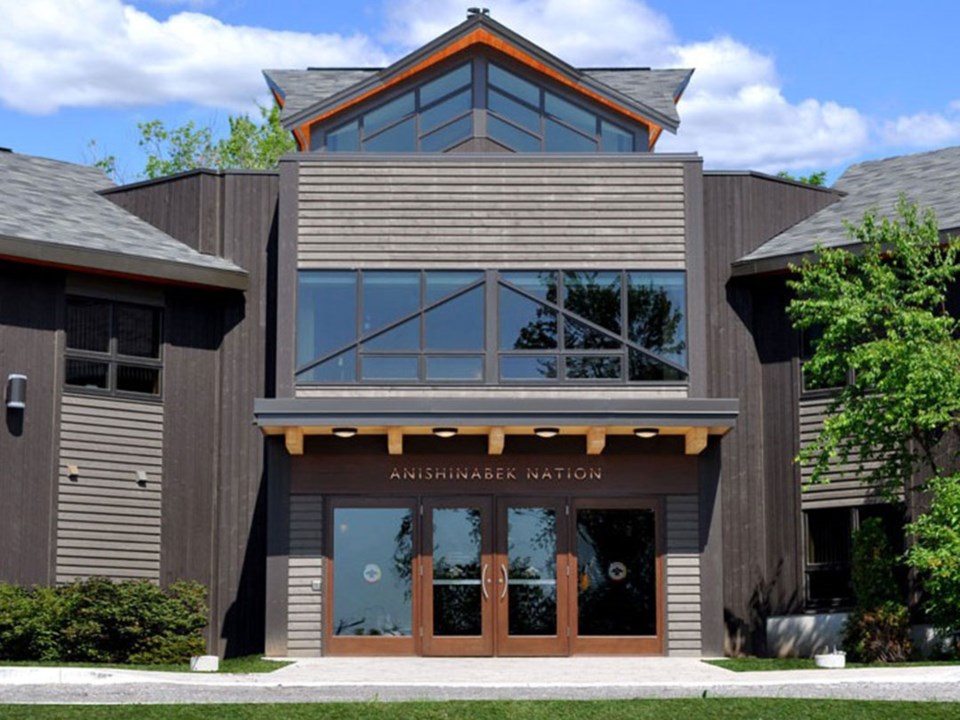The province is introducing legislation that would allow Indigenous Institutes to grant post-secondary degrees and diplomas.
The Indigenous Institutes Act was introduced on Nov. 14, but the province announced it on Nov. 23.
There are nine Indigenous post-secondary institutes across the province, several of which are located in Northern Ontario. They include:
- Kenjgewin Teg, located in M’Chigeeng First Nation on Manitoulin Island;
- Shingwauk Kinoomaage Gamig, in Sault Ste. Marie;
- Seven Generations Education Institute in Thunder Bay;
- Oshki-Pimache-O-Win Education & Training Institute in Thunder Bay; and
- Anishinabek Educational Institute in Nipissing First Nation.
The institutes are Indigenous-governed and -operated institutions, and receive their mandate from Indigenous communities, providing postsecondary education and training to Indigenous students. Indigenous Institutes currently partner with colleges and universities to offer degree, certificate, and diploma programs.
But the new legislation would allow for the creation of an Indigenous council, which would approve Indigenous institutes to award degrees, certificates and diplomas.
Lyle Sayers, former Garden River First Nation chief and chair of the board at Shingwauk Kinoomaage Gamig, welcomed the announcement.
“This legislation will assist Shingwauk Kinoomaage Gamig to continue to grow and to design and provide programs and services that reflect First Nations’ ways of knowing,” Sayers said in a release.
“Indigenous students need educational environments grounded in their languages, cultures and values to reach their potentials. This will enable them to become productive members of their communities, to fulfill their dreams.”
The government is investing $56 million over three years toward expanding the capacity of Indigenous institutes.
In 2016-2017, roughly 1,000 learners attended Indigenous Institutes.




